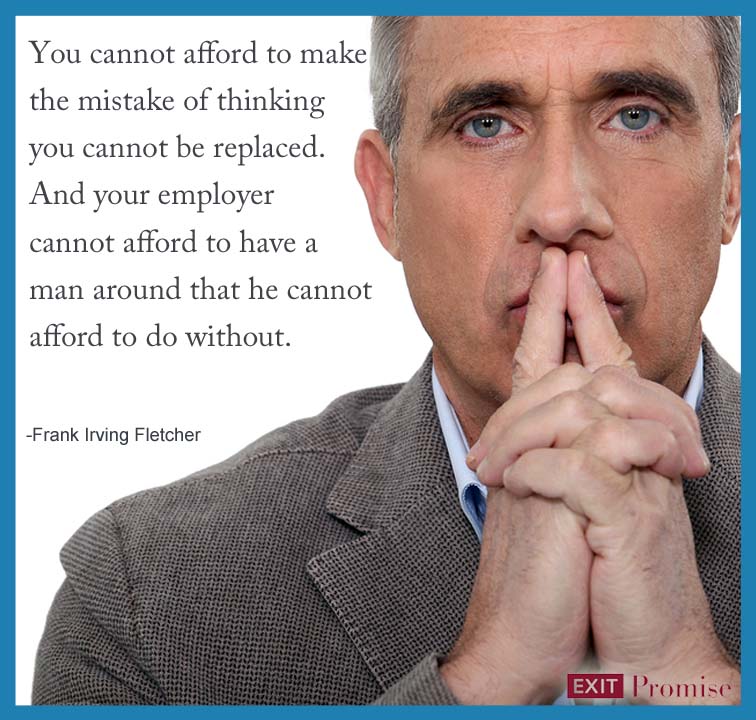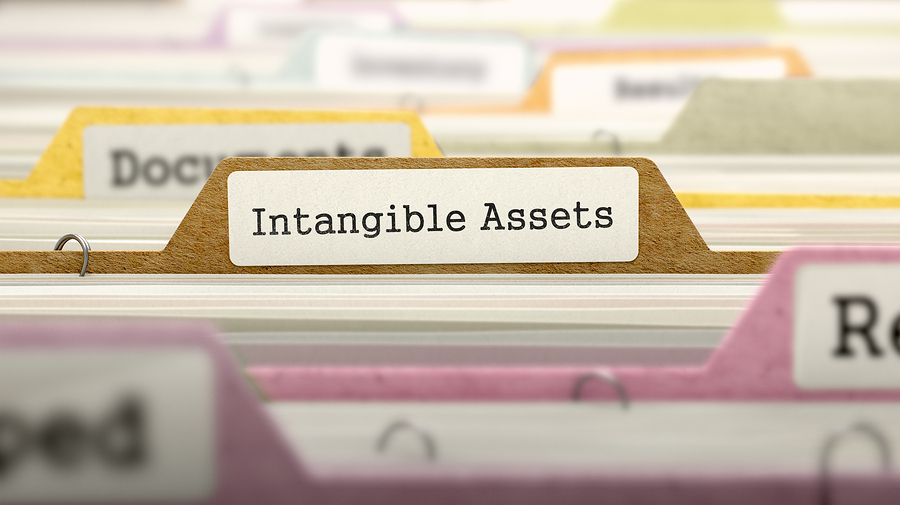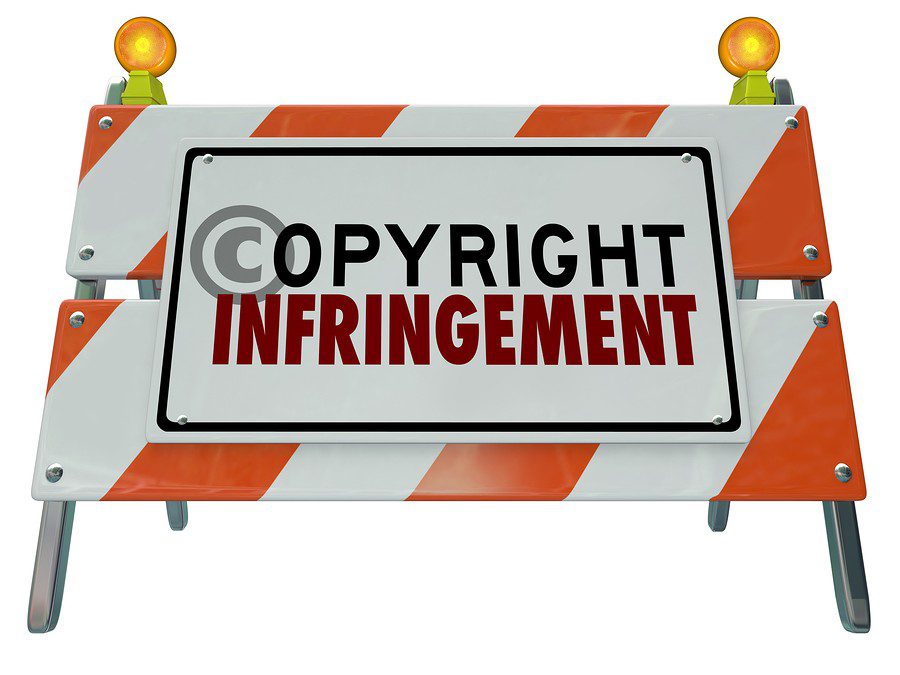
by Holly Magister, CPA | Grow a Business |
Finding a business for sale involves research, networking, a serious commitment of time and resources for due diligence, and above all careful consideration. Whether you are thinking about buying an existing business as an alternative to creating your own startup from scratch, there are many important factors to consider.
Follow our a step-by-step guide to help you find a business to buy.

by Holly Magister, CPA | Grow a Business |
In a previous post, we discussed how a Professional Employer Organization (PEO) company works, its many benefits, and the tax implications you may face if you hire one.
As a recap, a PEO is a service that small or medium-sized businesses may use to outsource some of their human resource, payroll, benefits, taxes, recruiting, and other management tasks. As you might imagine, there are both pros and cons in hiring a PEO.
Here, we’ll discuss the disadvantages of using a PEO, along with the associated costs of a PEO.

by Holly Magister, CPA | Grow a Business |
In our PEO series, we’ve talked about what a PEO company is and who is the employer in a PEO relationship. Here, we’ll discuss PEO for nonprofits, and whether or not using a PEO for your nonprofit might make sense.

by Holly Magister, CPA | Grow a Business |
Our PEO series is aimed at addressing the common questions about PEOs, and uncovering some of the lesser-known facts about working with a PEO so that you may make the best choices for your business.
So far, we’ve learned about what a PEO company does. Here, we’ll dive into some muddy waters and decipher who is really the employer in a PEO relationship.
by Holly Magister, CPA | Grow a Business |
If you are wondering what a PEO is and whether or not this type of outsourcing may be a good option for your small or medium-sized business, this first article in our series of four posts will help you decide if it’s the right move for you.
In this post, we cover everything you need to know about a PEO company including:
• What’s the meaning of PEO?
• PEO payroll
• PEO benefits
• PEO tax implications, and more.

by Neal Isaacs, MBA, CBI, CM&AP | Grow a Business |
Doing deals can be expensive. A lot of entrepreneurs want to save money by not hiring an advisor or they don’t know when they should make the investment on an advisor. It’s important to understand the roles of the broker and other advisors, especially legal counsel, and to know when to bring in a professional. Here are some milestones in a deal, and how to know when to hire a business advisor.

by Neal Isaacs, MBA, CBI, CM&AP | Grow a Business |
Have a Question? Ask your question below and one of our Advisors will answer. As a business broker in North Carolina, I’m focused on seller representation. But I need great buyers to match with my great seller’s opportunities. In our office, we receive a lot of...

by Holly Magister, CPA | Grow a Business |
Contribution margin is an important method of not only understanding how profitable a business is, but also how its products and services contribute to the bottom line. It’s important to understand that contribution margin is different from profit margin, since profit...

by Holly Magister, CPA | Grow a Business |
Entrepreneurship offers the most even-tempered humans many challenges. One such challenge is managing difficult employees who are forever causing havoc. You know who they are. And so does your spouse! One of my favorite clients refers to her difficult employees as...

by Holly Magister, CPA | Grow a Business |
Business bad debt refers to any debt created or acquired in a trade or business (or closely related to a trade or business) that becomes partially or completely worthless and can not be collected. Business bad debt is the result of a customer, another business, or an...

by Holly Magister, CPA | Grow a Business |
Busy entrepreneurs need to be aware of several important changes in federal 2017 Business Tax Filing Deadlines for the calendar year ending 12/31/2016. Most notably is now employers have one month less to file Forms W-2 and 1099 MISC with the Federal Government. In...

by Holly Magister, CPA | Grow a Business |
In business, the term exclusivity refers to a party’s sole rights with regard to a certain business activity. This may include business relationships, pricing, products, or sales. Another application of this term in the business world involves relationships between...

by Holly Magister, CPA | Grow a Business |
Intangible assets are those assets in a business which are not physical in nature. Some examples include: intellectual property, (like patents, trademarks, and copyrights), brand recognition, special knowledge, and business methods. Such non-physical assets add value...

by Holly Magister, CPA | Grow a Business |
Meaning ‘for the sake of form’, the term pro forma refers to a document that is often provided as a courtesy and satisfies predetermined minimum requirements in an effort to best predict the future outcome of a transaction within a business. One of the most common...
by Holly Magister, CPA | Grow a Business |
Under the Affordable Care Act, employers must follow specific reporting requirements concerning health insurance coverage offered to employees during calendar year 2015. Although the ACA has been impacting nearly all employers over the past couple of years, now...

by Holly Magister, CPA | Grow a Business |
Today’s skyrocketing group health insurance premiums coupled with the negative sentiments that many small business owners have about paying high taxes, and you have a recipe for frustration on Main Street USA. Or, maybe it’s an opportunity to lighten your small...

by Jane and Scot Noel | Grow a Business |
You’ve invested in Search Optimizing your website with better content, meta-code, and Social Media links. Traffic to your site has increased, and you’ve even started to receive more calls and orders. What’s next? The first thing to realize is that SEO is an open-ended process that is never really complete. It comes with victories and setbacks, and you need to be vigilant about the ways in which your web visitors interact with your site.

by Kathleen Kuznicki, Patent Attorney | Grow a Business |
As businesses grow and develop, so do their intellectual property (IP) assets. And if these businesses are engaging in proper IP management, they are filing trademark and patent applications to protect their IP. However, because of the public nature of both trademark and patent prosecutions, one may get an inkling of their competitors’ business plans if they monitor these application filings. Though not a perfect way to predict the exact nature of your competitors’ future offerings, keeping track of IP filings can be a guide to where your competitors are moving.

by Kathleen Kuznicki, Patent Attorney | Grow a Business |
Do you have a website? Do you have images on your website? Do you know where those images came from? Truly, do you? If you didn’t create the images yourself or you didn’t license the images from their owner, you are probably violating copyright infringement laws. It doesn’t matter if you didn’t know; innocent infringement is still infringement!

by Holly Magister, CPA | Grow a Business |
Many small business owners borrow money to start and grow their business. And is often the case those same business owners find themselves hitting credit limits established by banks and other lenders causing enormous growing pains for the business. Simply stated, running out of business capital when you’re growing a business is difficult at best.





























